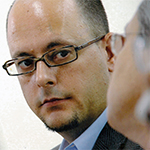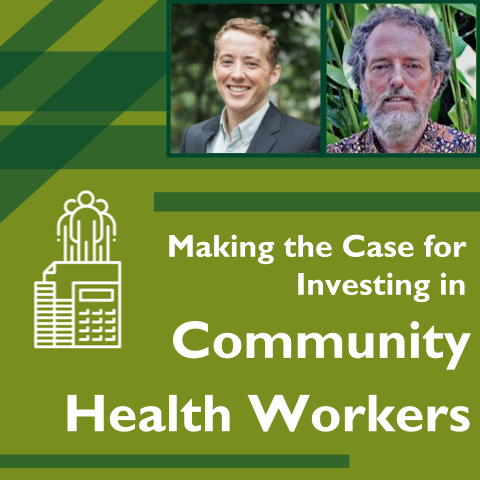The Return to Durban


By Jason Wright, Senior Director, Project Implementation,
Health Programs Group (HPG) at Management Sciences for Health (MSH).
The International AIDS Conference has returned to Durban, South Africa after 16 years. AIDS 2000 was my first AIDS Conference. The theme of that conference was “Breaking the Silence.” While many others most remember the voices of former President Nelson Mandela or then President Thabo Mbeki, I most remember another South African voice.
Nkosi Johnson was an 11-year-old boy living with AIDS.
He addressed a plenary session in a soft but powerful voice:
I hate having AIDS because I get very sick and I get very sad when I think of all the other children and babies that are sick with AIDS. … When I grow up, I want to lecture to more and more people about AIDS – and if mommy Gail will let me, around the whole country. I want people to understand about AIDS – to be careful and respect AIDS … Care for us and accept us – we are all human beings.
Unfortunately, Nkosi passed away less than a year-and-a-half later and was unable to see our great progress in the past decade-and-a-half.
Within a few years of the conference, the Global Fund to Fight AIDS, Tuberculosis, and Malaria and the U.S. President’s Emergency Plan for AIDS Relief (PEPFAR) were created – I was fortunate to be present at the creation of both while working at the U.S. Department of Health and Human Services (HHS) and the U.S. Agency for International Development (USAID) – and began massively scaling up HIV/AIDS prevention, care, and treatment programs in South Africa and other countries in sub-Saharan Africa and around the world.
With the Global Fund and PEPFAR, we have gone from hundreds of millions to tens of billions of dollars of funding for HIV/AIDS and from tens of thousands to tens of millions of people on treatment. The HIV/AIDS community set for ourselves the interim goal of reaching the tipping point, i.e., when the number of people starting treatment would exceed the number of people newly infected.
We have reached that interim goal in Africa, but we still have a long way to go to meet the ultimate goal of ending AIDS around the world by 2030.
The theme of the 2016 International AIDS Conference is “Access Equity Rights Now.”
The theme is appropriate as there are still tens of millions of people who lack access to HIV/AIDS prevention, care, and treatment services and rights, including key populations such as men who have sex with men (MSM), transgender people, sex workers, and people who inject drugs (PWID).
The next time the conference returns to Africa, I look forward to our being much closer to ending AIDS.





Responses